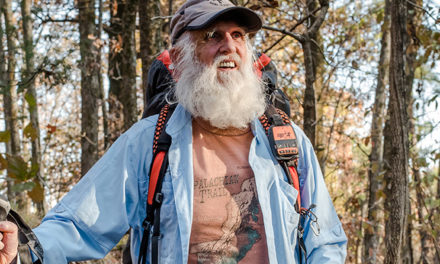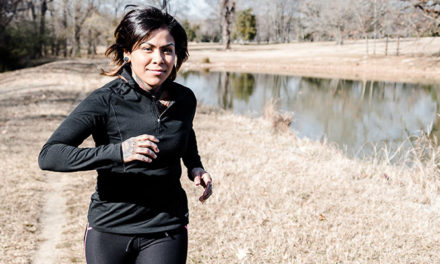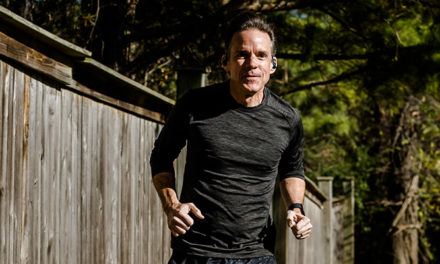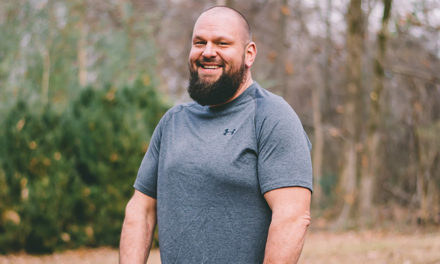Tyler Densford, 26, always knew what he wanted to be a military pilot. Before finishing high school, he had already earned his private pilot license. And after completing Basic Military Training, he began a full-time job with the 155th Air Guard Unit in Memphis as an Aircrew Flight Equipment Technician.
Before he could fully realize his dream, Tyler was dropped 40 feet from a Blackhawk helicopter during a training exercise in the summer of 2016. He was completely paralyzed from the chest down, forcing him to give up his job in the military and his dream of becoming a pilot.
Beyond the trauma of such an accident, he faced the challenge of adjusting to his new physical limitations. He says, “Exercise was therapeutic prior to my injury and I worried about how I could stay active and healthy from a wheelchair. The world became a lot smaller.”
Staying Fit
The key to his health, Tyler determined, was not becoming overweight because it would make it more difficult to get int and out of his wheelchair, as well as compromise his shoulder health from pushing around excess weight.
Although he faces more limitations and fewer opportunities, he’s found numerous ways to make his health succeed. He rides his hand cycle almost every morning, which elevates his heart rate while working his back and shoulders. He also swims regularly, which helps combat the risks of being seated too often. Some of his favorite moments are the weekends he spends at the lake surfing and wakeboardidng, and he even helps coach other injured veterans. He got involved in water sports through Wake for Warriors, which provides therapy to injured veterans.
Upping the Challenge
With the support of nonprofit organization Semper Fi & America’s Fund, Tyler was outfitted with a hand cycle, which as allowed him to compete in races. Some of those are the Army Ten-Miler in Washington, D.C., the Navy Ten Nautical Miler in Millington, the St. Jude Half Marathon, the Central Florida Navy League 10K in Orlando, and numerous other 5Ks around the city.
Being able to compete, making friends, and pushing his fitness goals have been a boon for his mental health and quality of life. “I was nervous at first, as I guess anybody would be when starting something new, but I wasn’t going to let my ‘disability’ hold me back from doing something exciting and different.”
For Tyler, fitness is a way of maintaining his body and providing it with the care it needs so that it will care for him in return. He keeps in mind how much work his upper body must do to make up for his lower body, and takes preventative measures to maintain its longevity.
Understanding that there are things he can’t change about his circumstances keeps him motivated. “I only have one life and want to spread positivity while I am here. That motivates me to keep moving and to focus on the things that I can do, not the things that I can’t.”
By Lillian Kay. Photo by Tindall Stephens.







